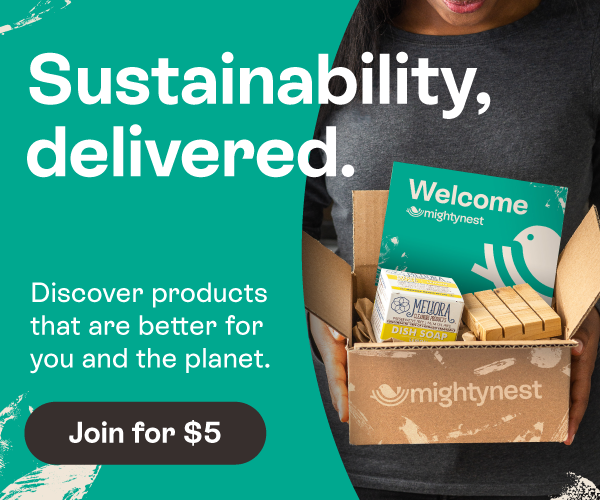
Over the last several years, products labeled as antibacterial have become extremely popular. Items such as hand sanitizer and soap, laundry detergent, body wash, mouthwash, shampoo, cleaning products and now, even school supplies (really!?!) are made to be antibacterial or antimicrobial. With flu season approaching and the recent health scare surrounding the H1N1 or Swine Flu virus, people often feel they should take whatever precautions they feel are necessary to avoid these airborne viruses. The question is … are all of these antibacterial products doing more harm than good?
There are two primary concerns related to the overuse of antibacterial products. First, scientists have warned for years that the overuse of antibiotics causes bacteria to become resistant to these antibiotics, thereby producing superbugs. Constant exposure to antibacterial products may accelerate the growth rate of these superbugs and further weaken our immune systems.
The second major concern lies with a common chemical often found in antibacterial products – triclosan. Triclosan is a carcinogenic chemical that works as an antibacterial agent. Categorized by the EPA as a pesticide linked to hormone disruption, triclosan can interfere with the human endocrine and immune systems. Recent studies have linked triclosan to allergies, asthma and thyroid disease. According to the CDC, the level of triclosan found in our bodies has increased 50% since 2004 and is now being detected in breast milk.
How does all of this pertain to school supplies? Walk through any major office supply store and you may notice pencils, markers, scissors, binders and other commonly used school supplies labeled as antibacterial or manufactured by Microban. What does this mean and is this really necessary?
Microban is an antibacterial protection technology applied to solid plastics that is used to create an anti-bacterial surface on products which helps minimize the growth of bacteria. However, it is not meant as a protection to the user, it is meant as a protection to the product. The Safe Mama wrote a post about Microban awhile back and included this quote from Microban: "Microban® antimicrobial product protection is engineered to protect products from bacteria, mold and in some cases algae that can cause stains, odors and product deterioration. Microban protection is not designed to protect users from disease causing microorganisms. …Microban product protection inhibits the growth of microorganisms that can cause stains, odors and product degradation." While not all Microban products contain the chemical triclosan, it is generally known that Microban in plastics does include triclosan. This means that those antibacterial school supplies (which cost more than their traditional counterparts) are doing more harm than good by exposing your child unnecessarily to additional amounts of chemicals. Besides that, doctors and scientists say that regular hand washing – with soap and water – is just as effective in killing germs as using antibacterial products.
To avoid triclosan in school or office supplies (which can be challenging!), avoid products that list any of the following terms:
- Antibacterial
- Antimicrobial
- Microban
- Lexol 300
- Irgasan DP-300

